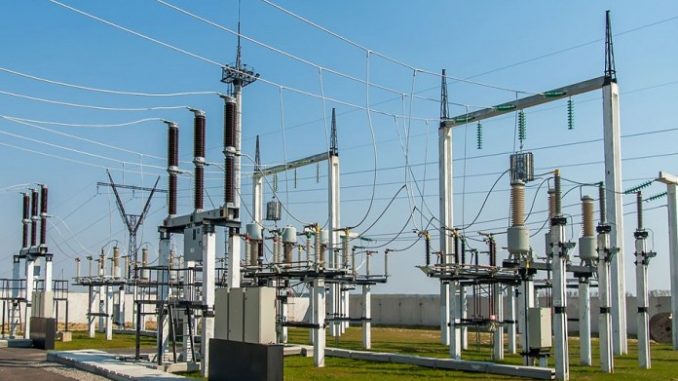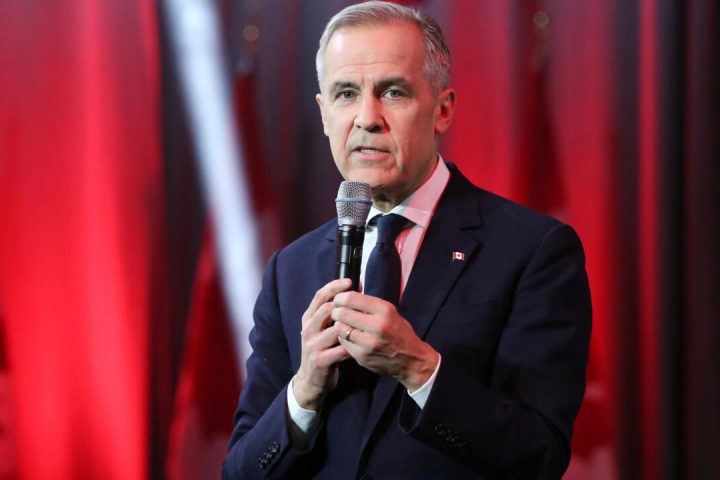Gas shortage is a major problem in Nigeria’s energy sector, particularly in electricity generation.
A recent report by the National Electricity Regulatory Commission (NERC) says that more than 70% of electricity generation companies in Nigeria rely on gas for their production and gas shortage means that these generating companies cannot function effectively.
Join our WhatsApp ChannelWhile this fact is widely acknowledged, the extent of the gas shortage and its overall impact on the sector’s stability and efficiency often go unnoticed.
Recent reports highlight the dire situation facing our electricity sector.
According to NERC, Four power plants owned by the Niger Delta Power Holding Company failed to generate electricity in the second quarter of 2024.
These plants—Omotosho NIPP, Ihovbor NIPP, Alaoji NIPP, and Sapele GT NIPP—are part of the National Integrated Power Project and collectively boast an installed capacity of 2,000 megawatts.
Alarmingly, these facilities recorded a Plant Availability Factor (PAF) of zero during this period, unable to produce any power from April to June due to gas shortages.
It is important to note that, these plants didn’t produce anything significant in the first quarter also, signifying a major disaster for generating companies with government involvement.
The Impact of Gas Shortages on Electricity Generation
The implications of this gas crisis are profound and multi-faceted, significantly affecting the ability of Independent Power Producers (IPPs) to function effectively.
In Q2 2024, the average PAF for all grid-connected plants was only 32.30%, indicating that more than 67% of the installed capacity in the Nigerian Electricity Supply Industry was unavailable.
READ ALSO: Nigerians In Blackout As Power Grid Collapses Again
This situation translates into substantial economic losses, power supply instability, and an increased reliance on inefficient and often more expensive sources of electricity generation, such as diesel.
1. Reduced Capacity and Reliability
The failure of key power plants to generate electricity not only disrupts the supply of power but also undermines the reliability of the entire electricity grid. When IPPs cannot access the gas they need, their ability to meet consumer demand diminishes significantly. The loss of 2,000 megawatts of capacity due to the shutdown of these plants exacerbates the existing shortfall in electricity supply, leading to prolonged outages and erratic power delivery to homes and businesses.
2. Economic Consequences
The inability of IPPs to operate due to gas shortages has far-reaching economic implications.
Industries reliant on stable electricity supply experience productivity losses, leading to diminished economic output and potential job losses. In an economy already grappling with various challenges, including inflation and high unemployment rates, the impact of inadequate power supply further hampers economic growth and deters foreign investment.
3. Increased Costs for Consumers
As gas shortages ground the ability of IPPs to function, the reliance on alternative power sources, such as diesel generators, increases.
This shift not only raises operational costs for businesses but also translates to higher electricity prices for consumers. Many households and small businesses, unable to afford the skyrocketing costs of alternative power sources, face significant financial strain.
4. Neglected Infrastructure and Maintenance
The ongoing gas crisis also affects the maintenance and operation of existing power infrastructure. When IPPs face continuous gas shortages, they are often forced to cut back on maintenance activities, which can lead to further inefficiencies and increased downtime. A vicious cycle ensues, where the inability to generate power leads to neglected infrastructure, ultimately exacerbating the energy crisis.
Comparing the Oil and Gas Sectors
To better understand the challenges facing the gas sector, it is useful to compare it with the more established oil sector.
Legal Framework and Compliance
One of the most significant gaps between the oil and gas sectors lies in the legal framework supporting domestic obligations. The oil sector benefits from a statutory structure that enforces domestic crude obligations, ensuring that a certain percentage of crude oil is reserved for local refining and consumption. This legal backing empowers regulatory bodies to enforce compliance among oil producers, creating a more predictable supply for the domestic market.
In contrast, the gas sector operates without similar legislative reinforcement. Although Nigeria’s gas policy encourages investment in gas infrastructure and promotes domestic consumption, it lacks the legal teeth necessary to enforce compliance. This disparity leaves the growth and stability of the gas sector largely at the discretion of producers, who often prioritize export markets for higher returns.
Infrastructure Development
The oil sector has historically received more attention and investment in infrastructure development, resulting in a more robust network for transportation and refining. In comparison, the gas sector has lagged, with inadequate processing and transportation infrastructure limiting domestic supply. While some indigenous producers are making strides in infrastructure development, significant gaps remain, particularly in the northern regions, where gas supply is most critical for electricity generation.
Market Dynamics
The dynamics of the oil market also differ significantly from those of the gas market. Oil prices are more stable, and the demand for crude oil remains consistently high. Conversely, the gas market is often subject to fluctuations in global prices and demand, affecting the willingness of producers to allocate gas for domestic consumption. Many gas producers in Nigeria prioritize export markets due to the higher prices available, leading to chronic shortages in the domestic market.
Monitoring and Accountability
In the oil sector, there are established mechanisms for monitoring production and ensuring accountability among producers. The Nigerian National Petroleum Corporation (NNPC) and other regulatory bodies play crucial roles in overseeing oil production and distribution. The gas sector, however, lacks a dedicated entity to monitor compliance with gas supply agreements and domestic obligations, resulting in a lack of transparency and accountability.
Proposal for a Dedicated Agency
To tackle the gas shortage and ensure reliable electricity generation, I propose the establishment of a dedicated agency for gas development in Nigeria.
This agency would serve several critical functions:
1. Coordinating Domestic Gas Allocation
The agency would oversee the allocation of gas for domestic use, ensuring that gas producers prioritize supply to the electricity sector and other critical industries. By implementing and enforcing domestic gas obligations, the agency could create a more predictable and stable gas supply for power generation.
2. Enhancing Infrastructure Development
A dedicated agency could facilitate investment in gas infrastructure by working with stakeholders to identify and prioritize projects that will enhance gas processing, transportation, and distribution. By streamlining regulatory processes and promoting public-private partnerships, the agency could expedite infrastructure development to address current shortfalls.
3. Promoting Compliance and Monitoring
The establishment of this agency would enable better monitoring of gas production and distribution to ensure compliance with domestic gas supply agreements. Regular audits and reporting could provide insights into supply levels and highlight areas requiring intervention, ultimately promoting accountability among gas producers.
4. Driving Policy Implementation
The agency would have the authority to drive the implementation of the National Gas Policy, ensuring that the goals of increased domestic consumption and infrastructure development are met. It could also advocate for the necessary legal frameworks and policies to support gas production and distribution.
5. Facilitating Research and Development
A dedicated agency could encourage research and development in gas technologies, alternative energy sources, and efficiency improvements in gas utilization. By fostering innovation, Nigeria could enhance its energy sector’s resilience and sustainability.
The gas problem in Nigeria’s electricity sector is a multifaceted challenge that requires a comprehensive and coordinated response.
The ongoing gas shortages severely hinder the ability of Independent Power Producers (IPPs) to function, undermining the reliability and stability of electricity supply across the nation. Establishing a dedicated agency for gas development would provide the strategic oversight necessary to address these ongoing challenges and promote a reliable electricity supply for all Nigerians.
With the right policies, legal backing, and infrastructure in place, Nigeria can harness its abundant gas resources to power its future and ensure a more stable and efficient energy sector.
Abdulrazaq Hamzat is an Energy Policy Expert and can be reached at discus4now@gmail.com


















Follow Us